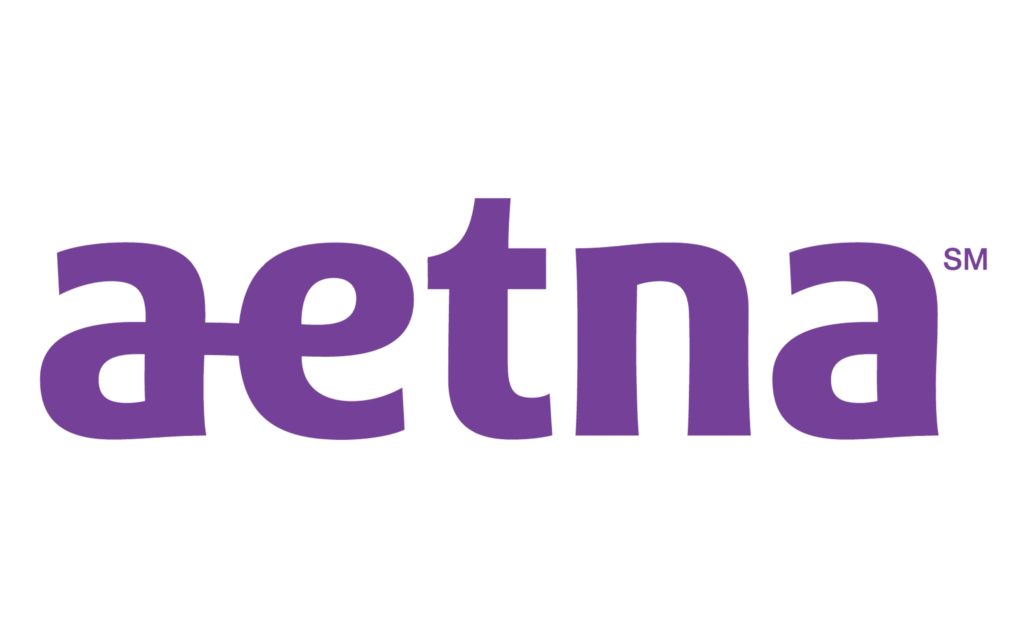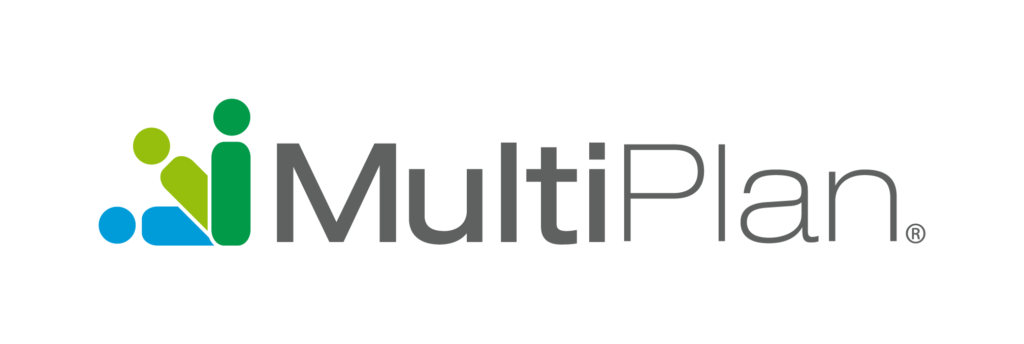Why Choose Carolina Recovery Solutions
When it comes to alcohol addiction treatment and relapse prevention, Asheville based Carolina Recovery Solutions provides a comprehensive, personalized, and evidence-based approach. They offer a wide range of services designed to address the unique needs of each individual, providing them with the support they need on their journey to recovery.
Comprehensive Alcohol Rehab Programs
Carolina Recovery Solutions offers comprehensive alcohol rehab programs designed to address the unique needs of individuals struggling with alcohol addiction. Their programs are carefully tailored to provide effective and personalized treatment to support individuals on their journey to recovery. Each program adopts a holistic and evidence-based approach to alcohol rehab, combining various therapeutic modalities and interventions to address the physical, emotional, and psychological aspects of addiction.
In addition to their standard rehab programs, Carolina Recovery Solutions also offers three main levels of alcohol rehab tailored to meet the unique needs of each individual. These options include inpatient, outpatient, and telehealth options. Each level of care is designed to provide the necessary support and treatment to individuals at different stages of their recovery journey.
Individualized Treatment Approach
Recognizing that each person’s journey to recovery is unique, Carolina Recovery Solutions prides themselves on their individualized treatment approach. They offer comprehensive drug rehab services that focus on creating personalized treatment plans tailored to the specific needs of each individual. This approach allows them to address the unique challenges and obstacles each person may face on their journey to recovery, providing them with the necessary strategies and tools to overcome these challenges.
Moreover, Carolina Recovery Solutions understands the importance of aftercare in maintaining sobriety and reducing the risk of relapse. After completing an alcohol rehab program, ongoing support and aftercare are crucial for long-term recovery. Studies have shown that participation in aftercare programs can significantly improve the chances of long-term recovery from alcohol addiction (Carolina Recovery Solutions).
In conclusion, choosing Carolina Recovery Solutions for alcohol addiction treatment and relapse prevention in Asheville, NC provides you with comprehensive, personalized, and evidence-based care. Their wide range of services and individualized approach ensures that each person receives the necessary support and treatment tailored to their unique needs.
Levels of Alcohol Rehab
In the journey of addiction recovery, finding the right level and type of treatment that suits an individual’s specific needs is crucial. Asheville, North Carolina, offers a plethora of options when it comes to drug and alcohol rehab programs, each tailored to meet distinct needs and budgets.
Inpatient, Outpatient, Telehealth Options
Different levels of treatment are available depending on the intensity and nature of the addiction. For some, inpatient or residential programs that provide round-the-clock care and a structured environment can be most beneficial. For others, outpatient programs that allow individuals to continue with their daily lives while receiving treatment can be a more suitable option.
| Treatment Level | Cost per Patient (Starting From) |
|---|---|
| Outpatient | $1,703 |
| Inpatient/Residential | $56,759 |
Importance of Aftercare Programs
After completing an initial alcohol rehab program, the journey towards recovery doesn’t end there. In fact, maintaining sobriety and reducing the risk of relapse requires ongoing support and aftercare. Aftercare programs play a crucial role in relapse prevention in Asheville, and are an integral part of the comprehensive services offered at Carolina Recovery Solutions (Carolina Recovery Solutions).
These aftercare programs often include ongoing therapy, skill development, medications, and monitoring, all crucial components of relapse prevention (NCBI Bookshelf). Transitional living programs, such as those offered by NSR of Asheville, provide a structured recovery support in a safe environment. They recommend a minimum stay of 3 months up to 18 months for residents to successfully navigate the critical early recovery period while rebuilding and taking responsibility for their lives.
The cost of these programs can vary, but it’s important to remember that without long-term structured support, relapse is likely and costly. Investing in aftercare programs is an investment in long-term recovery and wellness.
Relapse Prevention Strategies
Preventing relapse is a critical part of the recovery journey. At Carolina Recovery Solutions, we utilize a combination of effective approaches to ensure individuals have the tools and support needed to maintain sobriety.
Therapy and Skill Development
Therapy, specifically Cognitive-Behavioral Therapy (CBT), is a cornerstone of our relapse prevention strategies. CBT is one of the most widely used forms of treatment for addiction recovery, assisting individuals in overcoming challenges and developing essential skills for recovery (NCBI Bookshelf).
CBT can help individuals recognize the triggers that lead to substance use and develop coping mechanisms to deal with these triggers in a healthier manner. By understanding their behaviors and thoughts, individuals are better equipped to tackle the challenges that come their way without resorting to substance use.
Skill development is another crucial aspect of our approach. We teach practical life skills, stress management techniques, and methods for building healthier relationships. We believe that these skills are invaluable in maintaining long-term sobriety and preventing relapse.
Medications and Monitoring
Another key component of our relapse prevention strategy is the use of medications. Medications such as naltrexone for alcohol use disorders and buprenorphine for opioid dependence can be extremely effective in reducing the risk of relapse.
These medications work by either blocking the euphoric effects of substances or by reducing cravings, thus helping individuals maintain their sobriety. It’s important to note that these medications are used in conjunction with therapy and are part of a comprehensive treatment plan.
Monitoring is also a critical element of relapse prevention. Regular check-ins and follow-ups ensure that individuals are staying on track with their recovery and allow for adjustments to treatment plans if necessary.
In conclusion, the most effective relapse prevention techniques are those identified by the individual in recovery. These techniques should be tailored to fit individual values, and programs should provide a range of suggestions for individuals to choose from. At Carolina Recovery Solutions, we are dedicated to providing personalized, effective relapse prevention strategies to support individuals on their journey to recovery.
Understanding Relapse Process
In the journey to recovery, understanding the process of relapse is crucial. It’s not a single event but a process that unfolds in stages. Recognizing these stages provides an opportunity for early intervention and prevention, playing a critical role in relapse prevention services in Asheville.
Emotional, Mental, Physical Relapse
Relapse unfolds in three main stages: emotional relapse, mental relapse, and physical relapse. During each of these stages, individuals experience different signs and symptoms that signal a potential return to substance use (NCBI Bookshelf).
During the first stage, emotional relapse, individuals are not consciously thinking about using. However, their emotions and behaviors set them up for potential relapse down the line. Denial is a significant part of this stage as individuals do not believe they are on the path to relapse.
In mental relapse, the second stage, there’s an internal conflict. Part of the individual wants to use, but another part resists. As the stage progresses, resistance to relapse decreases, and the desire for escape intensifies.
Physical relapse, the final stage, is when the individual resumes substance use. Some researchers differentiate between a “lapse” (the initial return to substance use) and a “relapse” (a return to uncontrolled use). After a lapse, the individual may quickly return to uncontrolled use, or they may experience obsessive thinking about using, leading to a physical relapse.
Cognitive-Behavioral Therapy (CBT)
Cognitive-behavioral therapy (CBT) is a key treatment approach used in relapse prevention. It’s one of the most widely implemented treatments for addiction recovery, helping individuals overcome challenges and develop skills for long-term recovery (NCBI Bookshelf).
CBT helps individuals recognize triggers and learn strategies to cope with them effectively. It also helps individuals develop healthier thought patterns, leading to more positive behaviors. In the context of relapse prevention, CBT can play a crucial role in helping individuals maintain their recovery and prevent a return to substance use.
By understanding the process of relapse and engaging in treatment approaches like CBT, individuals can bolster their chances of sustained recovery. It’s important to remember that recovery is a journey, and services like those provided by Carolina Recovery Solutions are designed to support individuals every step of the way.
The Importance of Community Support
An integral part of the relapse prevention program in Asheville at Carolina Recovery Solutions is the emphasis on community support. Community plays a critical role in the recovery journey, providing a sense of belonging and a network of individuals who understand and share the same struggles.
Shared Recovery Foundations
According to Extended Care Asheville, a strong community approach to recovery can alleviate feelings of loneliness, providing safe spaces for individuals to express their thoughts and concerns as they navigate their journey of renewal. Within these communities, individuals receiving treatment find substantial support through relationships based on shared recovery foundations.
By connecting with others who understand the challenges and triumphs of the recovery journey, individuals can gain encouragement and motivation to continue making progress. This shared foundation can serve as a stepping stone towards reintegrating back into society and becoming constructive citizens.
Behavioral Accountability and Support
Community support also plays a significant role in behavioral accountability. Support groups can often notice behavioral changes before the individual does, stepping in to ensure the person is heading in the right direction. Regular interaction with supportive individuals who have firsthand experiences with recovery struggles can provide life-changing perspectives that keep individuals in check and motivate them to do better.
Good support groups connect individuals in recovery with others who have been enjoying sobriety for some time. This provides added motivation and allows individuals to share experiences and ask pertinent questions in a safe space. This exchange of experiences and knowledge fosters understanding and growth, both crucial elements in the recovery process.
Moreover, seeking advice from support groups allows individuals in recovery to develop different viewpoints, which can help them understand the perspectives of the people they may have hurt during their addiction. This understanding can be instrumental in restoring damaged relationships with family and friends during recovery.
In conclusion, the community support available at Carolina Recovery Solutions in Asheville underscores the importance of connection and shared experiences in the recovery journey. It contributes to the comprehensive and individualized approach to treatment, making it a reliable choice for those seeking relapse prevention services.







